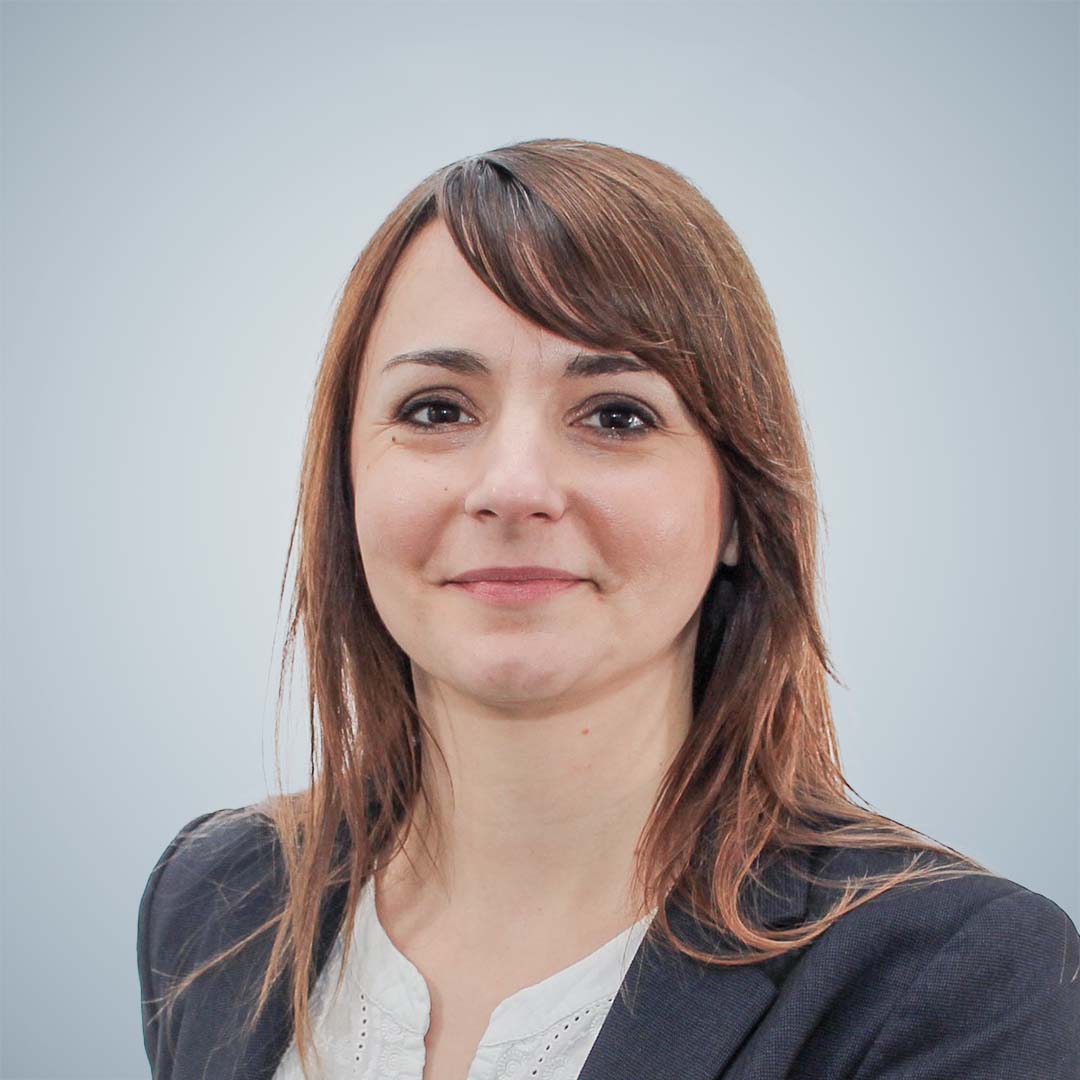- Mareike Deggelmann
- 26.01.26
- 3 min
- Funding advice, Agrifood, Bioeconomy
Your contact person
Dr Sabine Goetz
Due to growing livestock numbers in the farming industry, the increasing shortage of skilled workers, high-quality requirements and demands for more transparency along the value chain - livestock farming faces a conflict between animal welfare, ecology, and economy. Not only is the daily work of animal farmers one of the more controversial topics of discussion, but it is also criticised concerning the question of what animal welfare-friendly livestock farming in Germany should look like. On top of this, animal products must comply with high-quality standards, as well as fulfil the criteria of resource use efficiency. Switching to organic farming is a desirable outcome, however, the reduction of energy demand appears to be another central issue of food production.
100 years ago, high-tech agriculture as we know it today was impossible to imagine. Digital solutions, such as autonomously operating agricultural machinery, auto-manure removal, milking systems and feed robots, are revolutionising livestock farming and promise significant sustainability developments. We see plans of increasing the transparency of production and processing approaches, as well as improvement of working conditions achieved through greater flexibility. The current goal is to use and further expand the unlimited digitalisation-driven agricultural possibilities.
In the future, robotics and sensor technology using artificial intelligence, will be essential in individual animal care. Already today, pedometers, electronic collars and ear tags can accurately record the behaviour (e.g., rumination, feed intake, lying down) of a cow, allowing its health status to be studied and monitored. Deviations in daily behaviour are immediately reported to the farmer via text message so management steps can be implemented at an early stage.
This form of individual animal behaviour analysis, also called Precision Livestock Farming (PLF), is already being implemented across the stock-raising industry. PLF ensures the application of procedural principles and techniques to automatically monitor, model, and control animal production. For this, key livestock performance indicators such as animal health/wellness, productivity and environmental impact are continuously and automatically monitored using sensors, autonomous systems, drones, robotics, and telematics. As in all areas of digitalisation, the collection of big data for the optimisation of algorithms represents the central medium for deriving and generating information.
Despite the enormous potential of digital solutions, livestock farming is one of the least digitised industries worldwide. In Germany, digital systems are currently used in half of all farms, with a distinction being made between the following areas:
The degree of digitalisation in livestock production also depends on the animal species and farming conditions.
It is also important that when using agricultural digitalisation as a problem-solving mechanism, individual farms are not excluded from transformation processes due to their size (e.g., small farms, family farms, part-time farms), orientation (e.g., organic, conventional) or production direction (e.g., arable farming, livestock production, aquaculture), but can also benefit from automation.
Digitalisation and precision livestock farming enable the collection, storage, linking and evaluation of complex farm and production data, which can sustainably optimise both animal welfare and health as well as agricultural work processes and enable inter-farm comparisons in terms of resource efficiency and transparency along the value chain. Digitisation is key to sustainability and resource efficiency.
EurA AG supports companies, research institutions and public clients of all sizes in enabling and implementing technical innovations. Feel free to contact our team if you have innovative project ideas in the field of Smart Farming, Precision Livestock Farming, Animal Welfare or would like to network with other actors in the value chain "livestock” or visit the homepage of the networking and transfer initiative "Innovations for digitalisation in livestock farming – DigiTier", which EurA is currently conducting on behalf of BMEL.
Text: Maria Jaeger

Your contact person
Dr Sabine Goetz
EurA AG
T- 079619256-0Max-Eyth-Straße 2
73479 Ellwangen
info@eura-ag.com